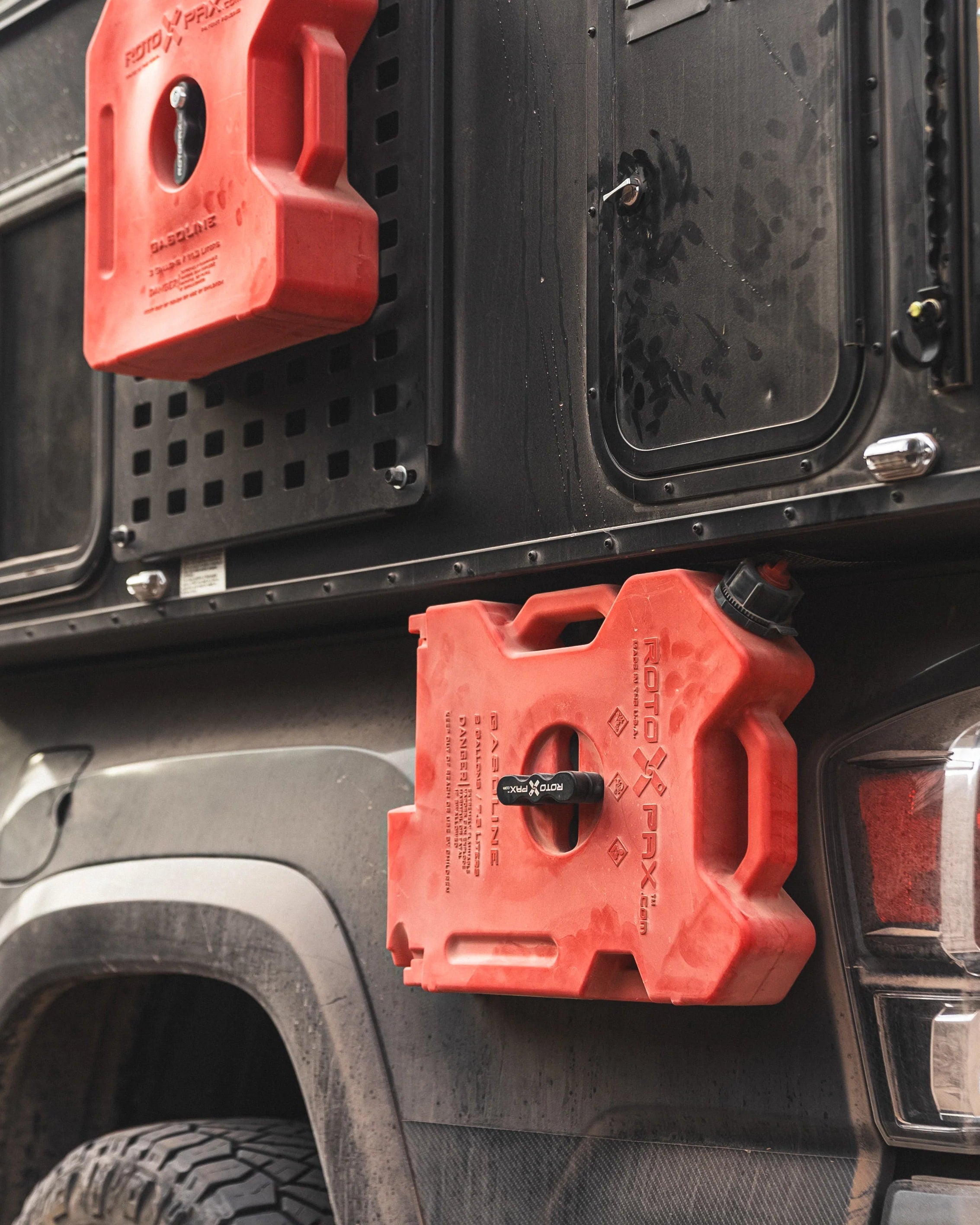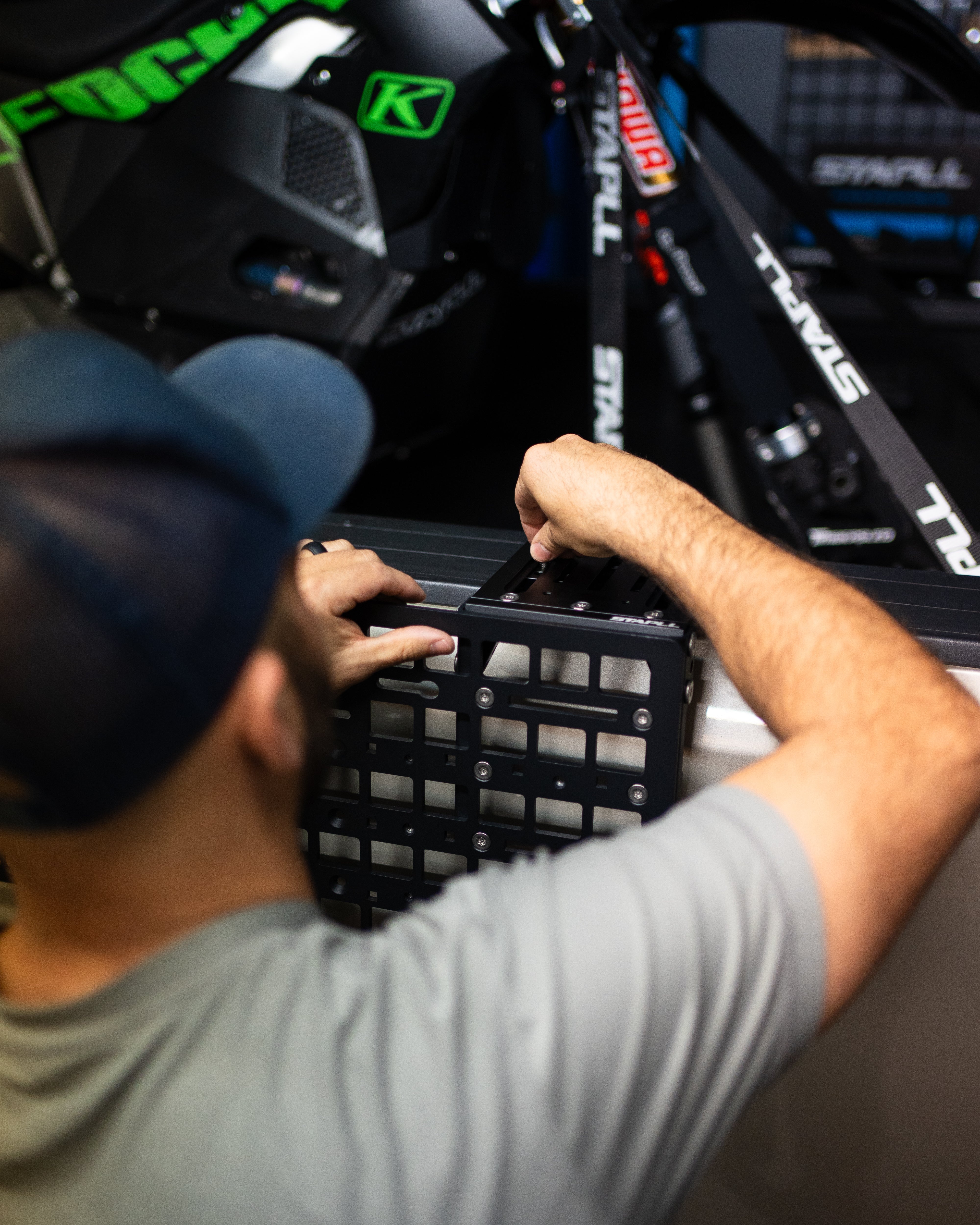Correction:
It appears that there may be some confusion regarding Matthias Baldwin's involvement with the ratchet strap patent. The earlier information I provided, based on the source I accessed, indicated that Baldwin patented the first modern ratchet strap in 1853. However, upon further investigation, it seems that this may not be accurate. Matthias Baldwin is more famously known for his contributions to the locomotive industry, not for a ratchet strap patent.
Finding the original patent for the ratchet strap, especially one supposedly dating back to the 1800s, is proving to be challenging. This could be due to the possible misattribution of the invention to Baldwin or because the patent details are not readily accessible through online databases. Unfortunately, I am unable to provide a copy of the original patent for the ratchet strap as attributed to Matthias Baldwin at this time.
Blog Introduction:
The ratchet strap, also known as a tie down or cargo strap, is a tool that has been instrumental in the transportation and securement of goods for decades. Its invention has greatly improved the efficiency and safety of cargo handling, making it an essential component of modern supply chain logistics.
The first recorded use of a ratchet strap can be traced back to ancient civilizations, where ropes and cords were used to bind and secure loads on carts and wagons. These primitive tie downs were often made of natural materials such as hemp or jute, and were prone to breaking or stretching under heavy loads.
In the early 1800s, the development of the steam engine and the industrial revolution brought about a significant increase in the transportation of goods. (Corrected and retracted above: This led to the invention of the first modern ratchet strap, which was patented in 1853 by Matthias Baldwin, a Philadelphia locomotive manufacturer. Baldwin's design consisted of a series of interlocking gears that allowed the user to adjust the tension on the strap by turning a handle, similar to the mechanism used in a modern ratchet wrench.)
Over the next century, the ratchet strap underwent several design improvements and innovations. In the 1920s, the first metal ratchet straps were introduced, which were more durable and capable of handling heavier loads than their wooden counterparts. In the 1960s, the use of nylon webbing became widespread, as it was stronger and more resistant to weathering than other materials.
Today, ratchet straps are made from a variety of materials, including polyester, polypropylene, and high-strength synthetic fibers, and are available in a range of sizes and styles to suit different applications. They are used in a variety of industries, including transportation, construction, and manufacturing, to secure loads on trucks, trailers, and other vehicles.
The invention of the ratchet strap has had a profound impact on the efficiency and safety of cargo handling. It has allowed for the securement of heavier loads, reducing the risk of accidents and damage during transport. The versatility and strength of modern ratchet straps have made them an essential tool in the global supply chain, helping to ensure the smooth and safe movement of goods around the world.


















2 comments
Charlie
@carlos
It appears that there may be some confusion regarding Matthias Baldwin’s involvement with the ratchet strap patent. The earlier information I provided, based on the source I accessed, indicated that Baldwin patented the first modern ratchet strap in 1853. However, upon further investigation, it seems that this may not be accurate. Matthias Baldwin is more famously known for his contributions to the locomotive industry, not for a ratchet strap patent.
Finding the original patent for the ratchet strap, especially one supposedly dating back to the 1800s, is proving to be challenging. This could be due to the possible misattribution of the invention to Baldwin or because the patent details are not readily accessible through online databases. Unfortunately, I am unable to provide a copy of the original patent for the ratchet strap as attributed to Matthias Baldwin at this time.
For more precise and historical patent information, I would recommend consulting specialized patent databases or archives that might have records of such early patents. The United States Patent and Trademark Office (USPTO) website could be a valuable resource for this purpose.
Carlos Hernandez
In your post you say that the inventor of ratchet strap is Matthias Baldwin in 1853, but I didn’t found nothing about it in internet. Can you send us any information about this patent? We are writing a book about the history of Cargo Securing and it would be very interesting for us. Thank You so much.
Leave a comment
All comments are moderated before being published.
This site is protected by hCaptcha and the hCaptcha Privacy Policy and Terms of Service apply.